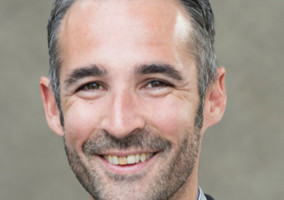The Information Commissioner’s Office has confirmed that all charities which process personal data, regardless of size or annual turnover, will be subject to an annual fee of £40 (or £35 if paid by direct debit) under its new funding model.
The move means that some large charities have been given a 98.6 per cent discount compared to businesses of the same size.
The ICO published the structure of its new funding model on its website yesterday after the changes had been approved by the government on Tuesday. The changes will come into effect on 25 May 2018 to coincide with the implementation of GDPR.
The model now splits fees due by organisations to the ICO into three tiers, with tier 1 being for “micro organisation” with a maximum turnover of £632,000 or no more than ten members of staff.
Tier 3 commercial organisations - with incomes over £36m and with more than 250 staff - will pay a fee of £2,900. But charities of the same size will pay no more than the smallest companies.
The ICO said the new model reflects that those processing the largest volumes of data representing a “greater level of risk” and thus subject to higher fees.
There will continue to be penalties for not paying fees, once the new model comes into effect, but the ICO said “these will be in the form of civil monetary penalties rather than a criminal sanction”.
Currently, the ICO charges levies fees on organisations which “process personal data, unless they are exempt” under powers granted by the Data Protection Act 1998. GDPR removes the requirement for data controllers to pay the ICO a fee, hence the new funding model.
Charities which process personal data currently already pay the ICO a £35 per annum fee.
The ICO has produced a new guide on the fee changes for data controllers, which can be read in full here.
|
Related Articles











